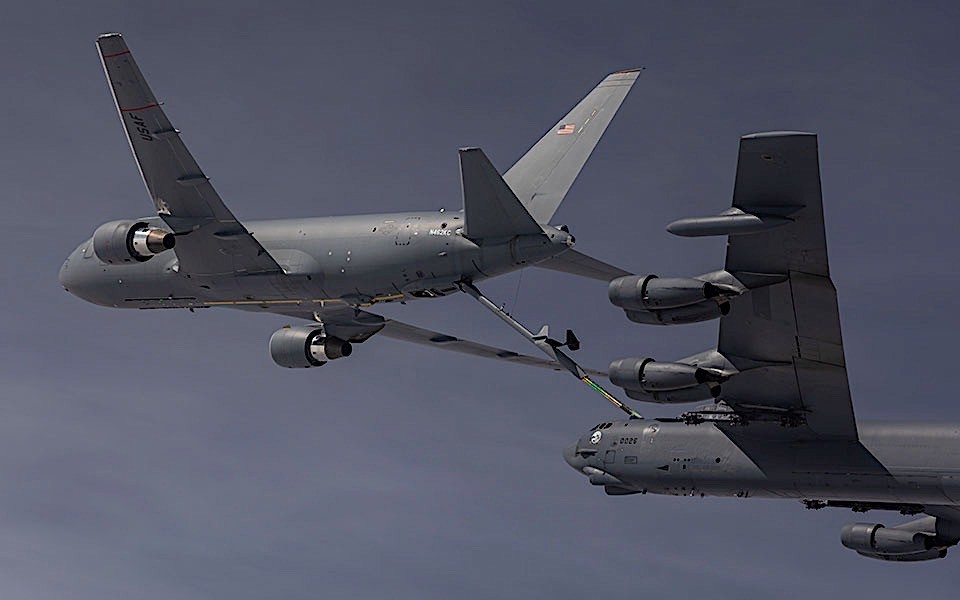While various approaches are being explored to curb emissions in aviation, sustainable aviation fuel (SAF) stands out as the most viable and widely adopted solution. Already making headway in commercial flights, this eco-friendly fuel is gaining traction in the military sector as well.
Unlike traditional jet fuel derived from petroleum, SAF utilizes recycled carbon from waste sources like cooking oil, municipal waste, and plant leftovers. According to the U.S. Department of Energy, SAF has the potential to slash greenhouse gas emissions by a staggering 94% when used purely. However, current regulations limit its usage to blends of up to 50% SAF with conventional fuel.

Civilian aviation currently dominates SAF adoption, but a recent announcement by Boeing could trigger a surge in military use. The aerospace giant issued a global No Technical Objection (NTO), essentially giving military operators the green light to use approved SAF blends without compromising aircraft performance.
Boeing has cleared all its military aircraft, from the iconic F-15EX fighter to the presidential Air Force One, to operate on a 50/50 blend of sustainable aviation fuel (SAF) and conventional jet fuel.
This follows the Royal Air Force’s lead in adopting SAF across its entire fleet and signals a potential broader shift within NATO. Boeing has been pioneering SAF research since 2010, even testing the fuel in supersonic flight. While the environmental impact of this transition remains to be seen, it marks a significant step towards more sustainable military operations.

